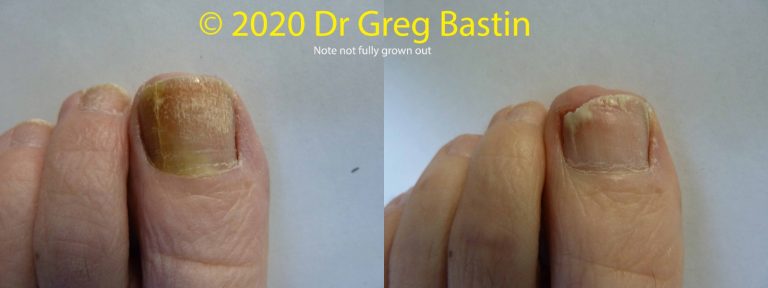Understanding Ashen Skin: Causes, Symptoms, and Holistic Care
Ashen skin refers to a complexion that appears devoid of its natural color, often presenting as pale or grayish, indicating potential underlying health issues. Understanding the causes, recognizing associated symptoms, and implementing holistic care methods are crucial in addressing this notable skin condition.
Unveiling Ashen Skin: Recognizing Its Features
Ashen skin displays a lack of vibrancy in the skin’s tone, extending beyond temporary changes due to external factors. This altered appearance might be accompanied by feelings of weakness, fatigue, or dizziness. Its distinct pallor acts as a visual indicator, suggesting potential internal health concerns.
Exploring Underlying Causes
Numerous factors contribute to the manifestation of ashen skin. Anemia, caused by deficiencies in vital nutrients like iron or vitamin B12, is a common trigger. Additionally, compromised blood circulation due to cardiovascular issues, shock, or environmental elements can lead to this skin condition. Chronic ailments such as hypothyroidism or certain infections might also present as ashen skin.
Seeking Professional Evaluation and Diagnosis
Persistent ashen skin warrants evaluation by healthcare professionals. Diagnosis involves a comprehensive examination, including medical history reviews, physical assessments, and sometimes specialized tests like blood analysis. Accurate diagnosis forms the foundation for devising an effective treatment plan.
Tailored Treatment Approaches
Managing ashen skin involves addressing its root cause. Treatment strategies may include supplementing deficient nutrients, medications to improve blood circulation, or managing underlying health conditions. A holistic approach that integrates medical interventions with lifestyle modifications often yields favorable outcomes.
Embracing Holistic Skincare Practices
In addition to medical interventions, lifestyle adjustments play a crucial role in managing ashen skin. Maintaining proper hydration, consuming a nutrient-rich diet, ensuring sufficient rest, and adopting suitable skincare routines significantly contribute to skin health. Protecting the skin from harsh environmental elements can also assist in alleviating ashen skin symptoms.
Conclusion: Prioritizing Skin Health and Overall Well-being
Ashen skin signifies more than just a surface-level concern; it often reflects deeper health issues. Understanding its indications, seeking professional guidance, and adopting a comprehensive approach to health and skincare are paramount. Prioritizing overall well-being revitalizes the skin and fosters a healthier, more vibrant lifestyle.






